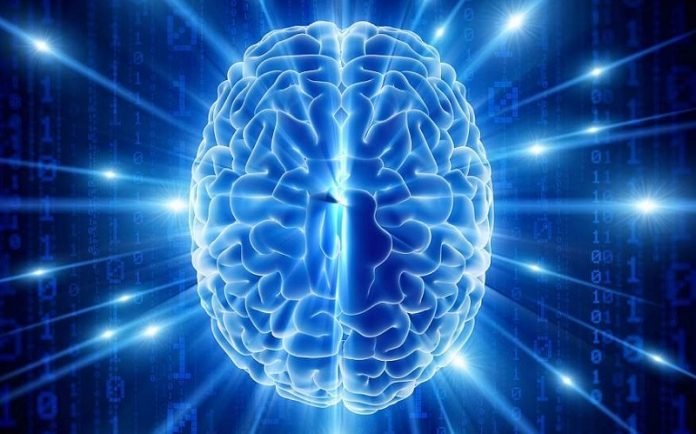
Scientists from the University of Münster found while depression is a common problem for people who have had a stroke, some people may have symptoms of depression years before their stroke.
They found that, in people who developed a stroke, symptoms of depression preceded the onset and worsened after the stroke.
The research was published in Neurology and was conducted by Maria Blöchl et al.
Depression is among the most pressing problems in people who have had a stroke and it is so common it is referred to as a post-stroke depression.
In the study, researchers looked at 10,797 adults with an average age of 65 and without a history of stroke at the start of the study. Participants were followed for up to 12 years. During that time, 425 people had a stroke.
They were matched with 4,249 people who did not have a stroke but were similar in age, gender, racial or ethnic identity, and other health conditions.
Participants took a survey every two years asking whether they experienced symptoms of depression in the past week.
The team found that six years before the time of the stroke, people who later had a stroke and those who did not have scores were roughly the same, about 1.6 points.
But about two years before the stroke, scores of people who had a stroke started increasing, on average by 0.33 points.
Following a stroke, depressive symptoms increased an additional 0.23 points for this group, reaching a total of about 2.1 points and they stayed that high for 10 years after the stroke.
In contrast, the scores of people who did not have a stroke remained roughly the same throughout the study.
At the assessment before the stroke, 29% of people who were about to have a stroke met the criteria for having probable depression, compared to 24% of those who did not have a stroke.
But at the time of the stroke, 34% of the people who had a stroke met the criteria for having probable depression, compared to 24% of those who did not have a stroke.
The team suggests that increasing symptoms of depression before stroke are mostly subtle changes and may not always be clinically detectable.
But even slight increases in depressive symptoms, especially mood and fatigue-related symptoms, maybe signal a stroke that is about to occur.
If you care about depression, please read studies about a core feature of depression and this metal in the brain strongly linked to depression.
For more information about mental health, please see recent studies that this drug for mental health may harm the brain, and results showing this mental problem can help predict dementia years before memory loss.
Copyright © 2022 Knowridge Science Report. All rights reserved.



